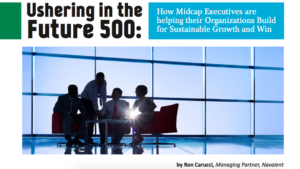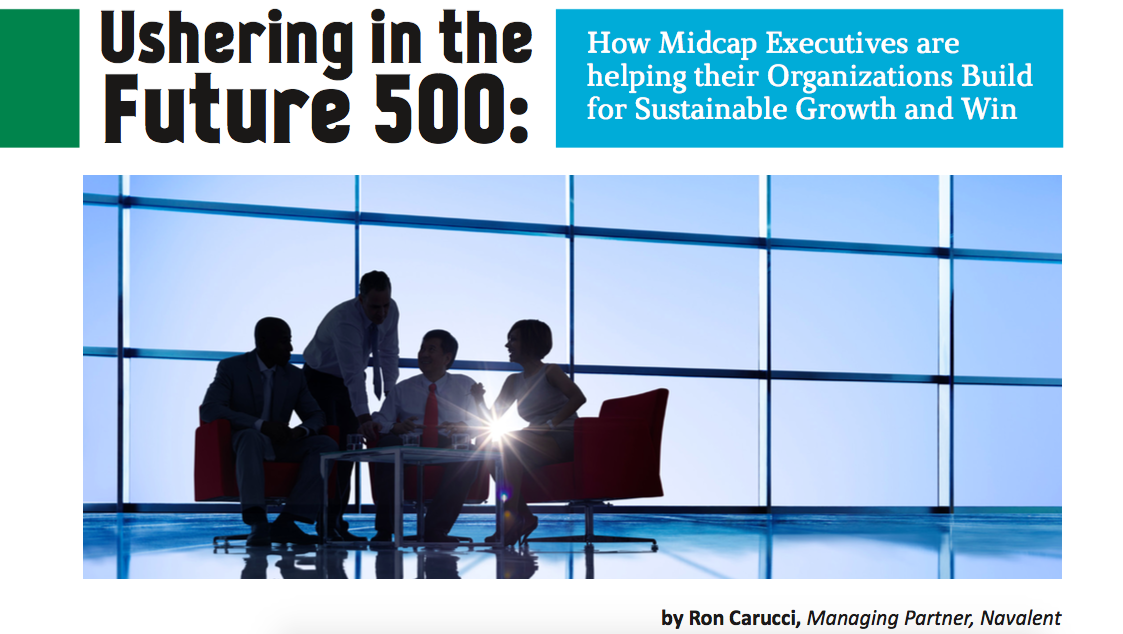
MIAMI, FL – March 3, 2023 – Jeffrey Hayzlett, chairman and founder of C-Suite Network, former Fortune 100 Global CMO, appoints Tricia Benn as Chief Executive Officer. Benn replaces Jeffrey Hayzlett as the company’s CEO and will continue serving as Chairman, ushering in the “Executive Community Ecosystem” of the C-Suite Network, disrupting the current model of executive networking and delivering a digital platform that accelerates business success.
There are significant changes taking place in today’s business environment, that require all businesses to embrace new technologies, displacing old models and ushering businesses into the digital and hybrid era. This platform brings together all key components — community, content, counsel, and commerce – necessary for any business to succeed in a fully digitized and hybrid business world.
The implementation of the “Executive Community Ecosystem” of C-Suite Network ensures that purpose-driven business leaders around the globe gain access to the financial, social, technical, and operational tools necessary to deliver profitable and scalable growth and drive real and meaningful impact to their communities.
As CEO, Tricia Benn will be responsible for leading the development and implementation of the C-Suite Network’s new “Executive Community Ecosystem” platform and working closely with Hayzlett to see that success through the thousands of C-Suite Network leaders, to millions of executives that encompass their monthly reach.
Hayzlett appointed Benn to continue to lead on hyper-scaling the network, to continue disrupting traditional approaches to executive networking, and measurable monetization for its members.
“Old school, hand-to-hand business card swap isn’t enough to deliver business success in today’s fast-paced digital world,” said Hayzlett. He continued, “Our model, which we believe will become an indispensable requirement for sustainable and profitable growth among all purpose-driven business leaders. We are committed to building the C-Suite Network platform to create efficiencies that deliver growth in the digital and virtual era.”
Before her appointment as Chief Executive Officer, Benn served as the Chief Community Officer of C-Suite Network, and has been transitioning into the new role and responsibilities over the course of the past two years.
With her extensive experience in building and scaling businesses, Benn is uniquely positioned to drive disruption in the traditional approaches to executive networking and ensure measurable monetization for the network’s members. Under her leadership, the C-Suite Network is poised to continue delivering on its promise of accelerated success, profitable growth, and meaningful positive impact for purpose-driven business leaders around the world.
“Having worked with some of the most successful leaders in every industry and sector over the course of my career, and with chairman and founder Jeffrey Hayzlett for the past decade, I am honored to assume the role of CEO. I am committed to continuing to build on the C-Suite Network brand promise of accelerated success for great business leaders through our platform of community, content, counsel, and commerce. We are upleveling our commitment to inspiring, educating, and providing the tools needed to succeed for mission-driven business leaders in North America and around the world. Business success now through is about delivering against efficiencies of scale,” said Benn.
Benn offers a 25-year track record of industry disruption, building and scaling businesses, and consulting to thousands of top-level executives, business owners, influencers, government, and not-for-profit organizations. In addition to sitting on multiple business, associations and not-for-profit boards, she served as a senior executive for three enterprise-level organizations in market research, telecommunications, media, marketing, and advertising. As a Global Chief Marketing & Strategy Officer and U.S. Managing Director within a $3 billion global holding company, Benn’s leadership in these roles drove double digit growth year-over-year and new contracts with some of the most important impact players in the world.
The C-Suite Network is comprised of executives, owners, investors, and influencers and backed by technology with a strong foundation in values-based leadership and an abundance approach that delivers accelerated success.
For additional information about the C-Suite Network, https://c-suitenetwork.com/.
# # #
About Jeffrey Hayzlett
Jeffrey Hayzlett is one of the most compelling figures in business today and Hall of Fame keynote speaker. Former Fortune 100 CMO, Primetime TV and Radio Host, Jeffrey Hayzlett brings lessons from the highest levels of the C-Suite to stages, podcasts, and screens sharing the biggest strategies, advice, and stories from influential business leaders. Jeffrey is a leading business expert, cited in Forbes, SUCCESS, Mashable, Marketing Week and Chief Executive, among many others. He shares his executive insight and commentary on television networks like Bloomberg, MSNBC, Fox Business, and C-Suite TV. Hayzlett is a former Bloomberg contributing editor and primetime host and appeared as a guest celebrity judge on NBC’s Celebrity Apprentice with Donald Trump for three seasons. He is a turnaround architect of the highest order, a maverick marketer and C-Suite executive who delivers scalable campaigns, embraces traditional modes of customer engagement, and possesses a remarkable cachet of mentorship, corporate governance, and brand building.
About C-Suite Network
C-Suite Network is the world’s most trusted network of C-Suite leaders, with a focus on providing growth, development, and networking opportunities for business executives with titles of vice president and above, owners, investors and influencers with what they need to achieve professional success.
C-Suite Network offers invitation-only events as well as custom-tailored content through all its entities: C-Suite TV, C-Suite Radio, C-Suite Book Club, and C-Suite Network Advisors™. Learn more at www.c-suitenetwork.com, or connect on LinkedIn, Twitter and Facebook.





